Exact, Precise Delivery of Critical Intelligence
Expert open source investigations and training to keep people, businesses, and assets safe from online threats.
Gathering & Analyzing Online Information Doesn't Have to be Overwhelming
As the internet increases in volume and disinformation becomes more widespread, gathering credible sources of online information and accurately analyzing that information can be daunting.
Your time is too valuable to spend hours sifting through and analyzing open source data—so let us handle it for you. Our expert analysts scour online sources for relevant data, so you can be confident you are making the right decisions for yourself and your business.

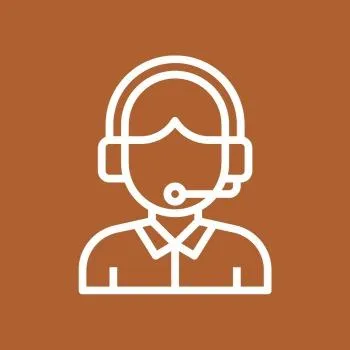
Services
Expert investigative and intelligence solutions help our clients to protect life, assets, and brand.


Training
Expert training from beginner to advanced on Open Source Intelligence (OSINT) methodologies and tools.


Software
Innovative platforms for global research and case management.
Open Source Data that Empowers You to Make Sound Decisions

Thoroughly Researched Data
We scour across all layers of the internet including but not limited to public records, social media, forums, and the dark web for relevant information to your case.

Expert Analysis
Our team analyzes and interprets the data, providing you with an easy-to-understand report to help you make informed decisions.

Timely Response Time
We are always quick to respond and get you the information you need with turnaround times for urgent matters as soon as same day.
Translating data into actionable intelligence is an art that combines cutting-edge technology with the experience and expertise of an analyst

We Care About Protecting Your Business As Much As You Do
The sheer volume of online information makes it challenging to stay ahead of threats that could harm you or your business. For over two decades, we have provided thoroughly researched open source intelligence to professionals just like you to help make the world a safer place.
Awards & Recognitions

2024 Honoree, Association for Corporate Growth New Jersey
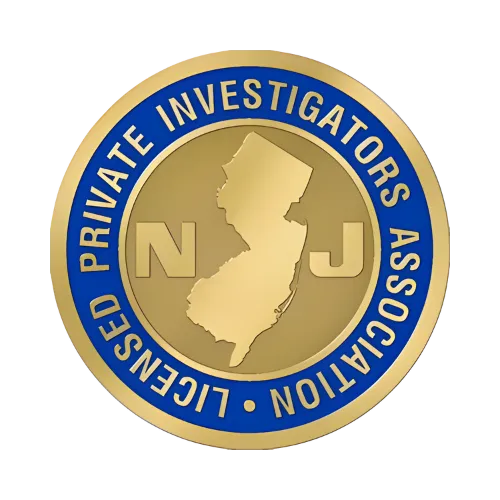
2023 Member of the Year, New Jersey Association of Licensed Private Investigators

2023 Advocate of the Year, Women in IT 2023

2022 Security Leader of the Year , Women in IT 2022
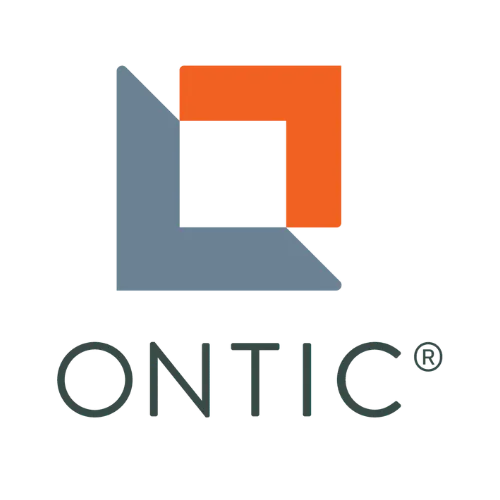
2021 Protective Intelligence Pioneer, Ontic Center for Protective Intelligence
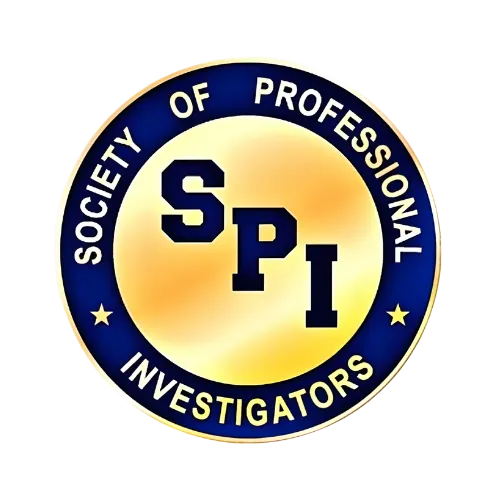
2019 Investigation Educator Award, The Society for Professional Investigators

2019 Entrepreneur Of The Year New Jersey Award Finalist, Ernst & Young LLP

2019 CybHER Warrior, CybHER, an Institute within the Dakota State University Madison Cyber Labs

2019 Enterprising Woman of the Year Award, Enterprising Women Magazine

2019 Entrepreneur of the Year (shortlisted), Women in IT Series, Information Age and Diversity Q
Open Source Training to Help You Succeed
We understand how challenging it is to keep up with ever-changing open source techniques and tools. Our experts constantly research the latest open source trends to create timely, relevant training that teaches you how to conduct open source investigations effectively.
25 Years of Expertise in Open Source Investigations
More than 8,000 Investigators Trained Every Year
100s of CPE Credits Earned by Investigators Like You
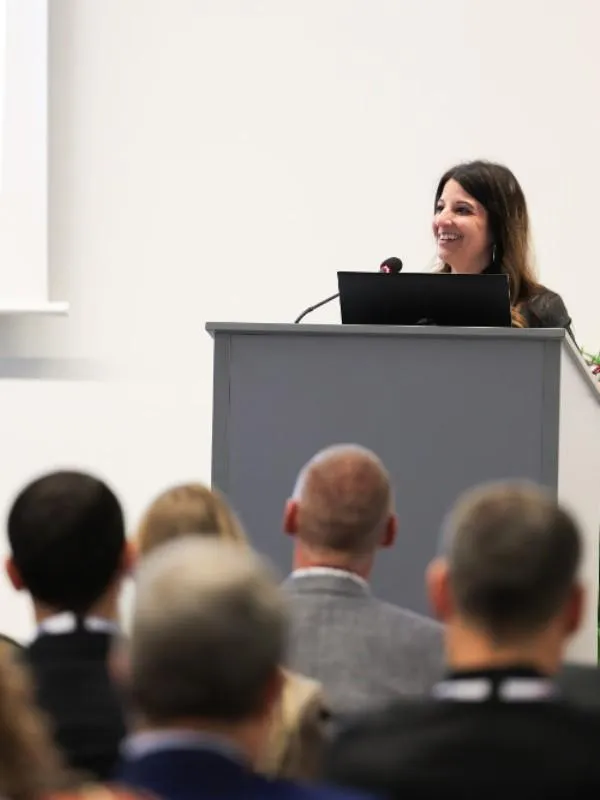
Featured

Due Diligence Investigations
Receive detailed, well-researched data on your potential business partner so you can make the right decisions for your business.

Digital Vulnerability Intelligence
We review your online presence, identify points of vulnerability, and remove personal information that puts you at risk.
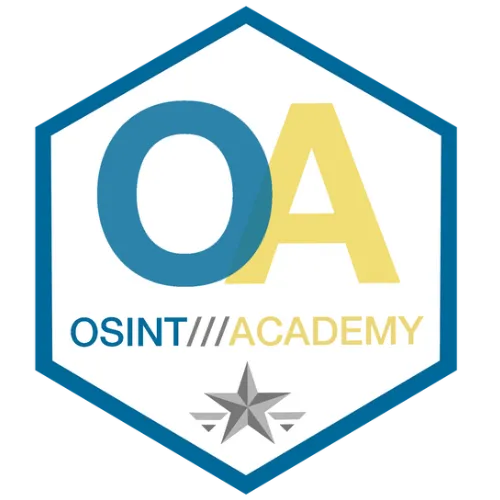
Open Source Training
Gain the skills and knowledge to conduct effective open source investigations, and earn Continuing Professional Education credits while you're at it.
Testimonials
Mike,
Beacon Transport

“I love it that you gave us methods that are ethical AND easy … You really did make me think—and begin to shift the way I think—about how I do my job vetting the individuals and the companies we work with.”
Joan,
Founder, Principal & Analyst, Sullivan Research, LLC

“HG is the best source for acquiring investigative knowledge and skills. Highly recommend.”
Bruce Sackman,
SPI President

“Cynthia is the undisputed, undefeated champion of open source intelligence. She is the number one go-to person for both training and actual research to collect electronic evidence and investigative leads from the Internet.”
Expert Investigations and Intelligence
(973) 706-7525
593 Ringwood Ave, Wanaque, NJ 07465
© 2025 Hetherington Group - All Rights Reserved
© 2025 Hetherington Group - All Rights Reserved | Privacy Policy | Terms & Conditions

